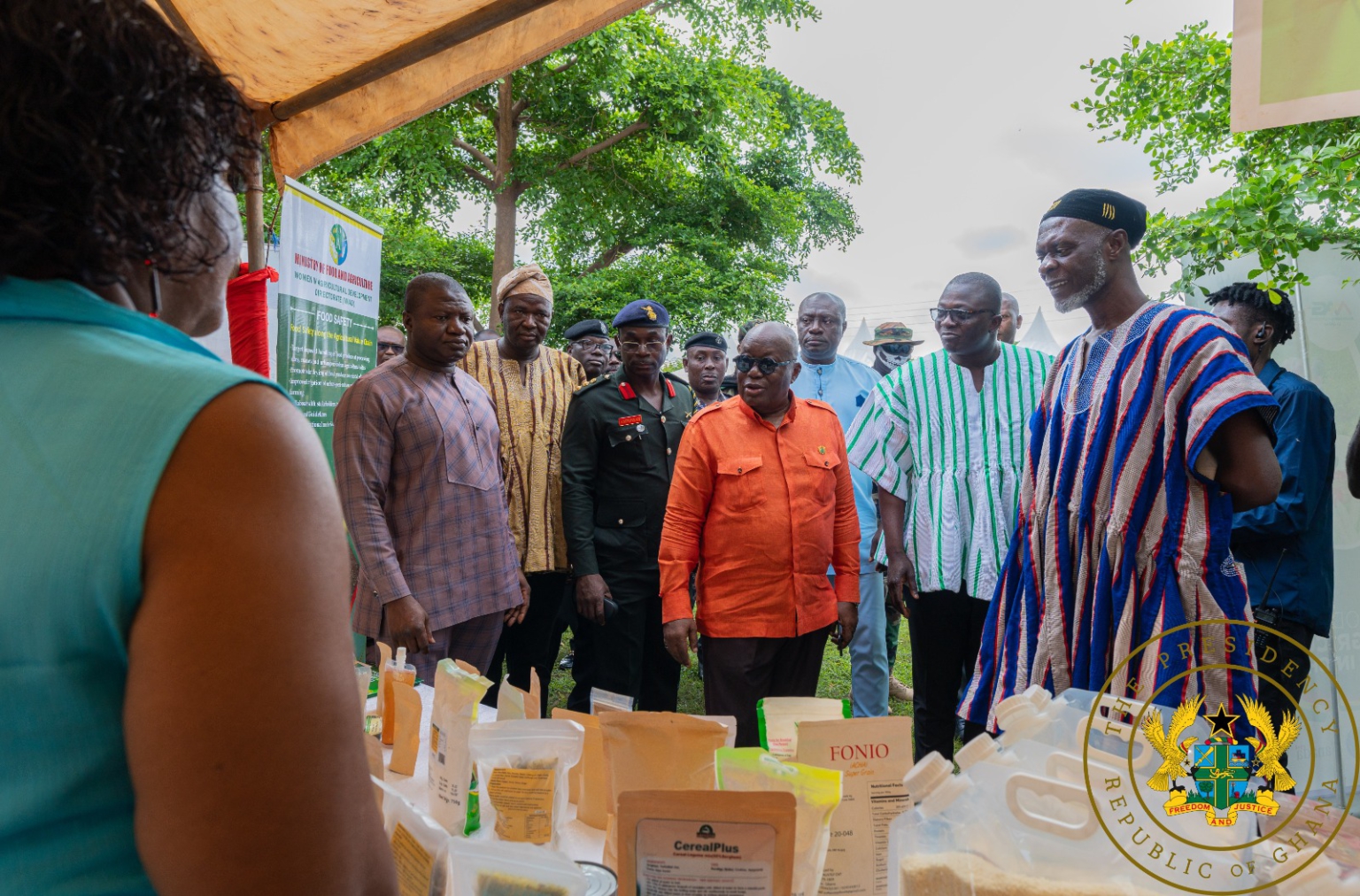
President Nana Addo Dankwa Akufo-Addo has launched phase two of government’s flagship programme on agriculture, “Planting for Food and Jobs”, at the University for Development Studies in Tamale.
Speaking at the launch, President Akufo-Addo stated that the second phase, by design, “takes a holistic view and places greater emphasis on value chain approaches by focusing on strengthening linkages between actors along eleven selected agricultural commodity value chains broadly categorised into grains, roots and tuber, vegetables and poultry.”
He added that phase two of the programme also seeks to improve service delivery to maximise impact, and substitutes direct input subsidy with smart agricultural financial support in the form of comprehensive input credit, with provision for in-kind payment.
The President disclosed further that key elements of the new phase also include an input credit system that provides farmers with access to inputs such as seeds, fertilizers and pesticides and other support services for improving productivity and yield as well as storage infrastructure and logistic hub to improve storage and distribution of produce to reduce post-harvest losses.
“The impact of the programme is expected to be in the area of job creation, with some 1.2 million farmers to be enrolled in the first year. In the next four years, the programme is destined to record an annual average of 210,000 new farm-related jobs. This will exclude other jobs along the agricultural value chains estimated at an annual average of 420,000 over the same period,” President Akufo-Addo said.

On Wednesday, 19th April, 2017, President Akufo-Addo launched the maiden “Planting for Food and Jobs” programme at Goaso in the Ahafo region to represent government’s key initiative to modernise agriculture, improve production efficiency, achieve food security, and profitability for our farmers.
It summarily targeted a significant increase in agricultural productivity and pursued a value-addition strategy, aimed at rapidly ramping up agro-processing and developing new and stable markets.
The President noted that, the successful implementation of the first phase has resulted in reaching over 2.7 million farmers and other value chain actors under the five modules, a relatively stable food security environment with food self-sufficiency in major food staples such as maize, cassava and yam, and an increased agricultural sector growth rate from 2.7% in 2016 to an average of 6.3% from 2017 to 2021.
Targeted at building on the successes of the initial programme, the second phase is a five-year master plan for the transformation of agriculture in Ghana with a focus on modernisation through the development of a selected commodity value chain and active private sector participation.
Read Full Story
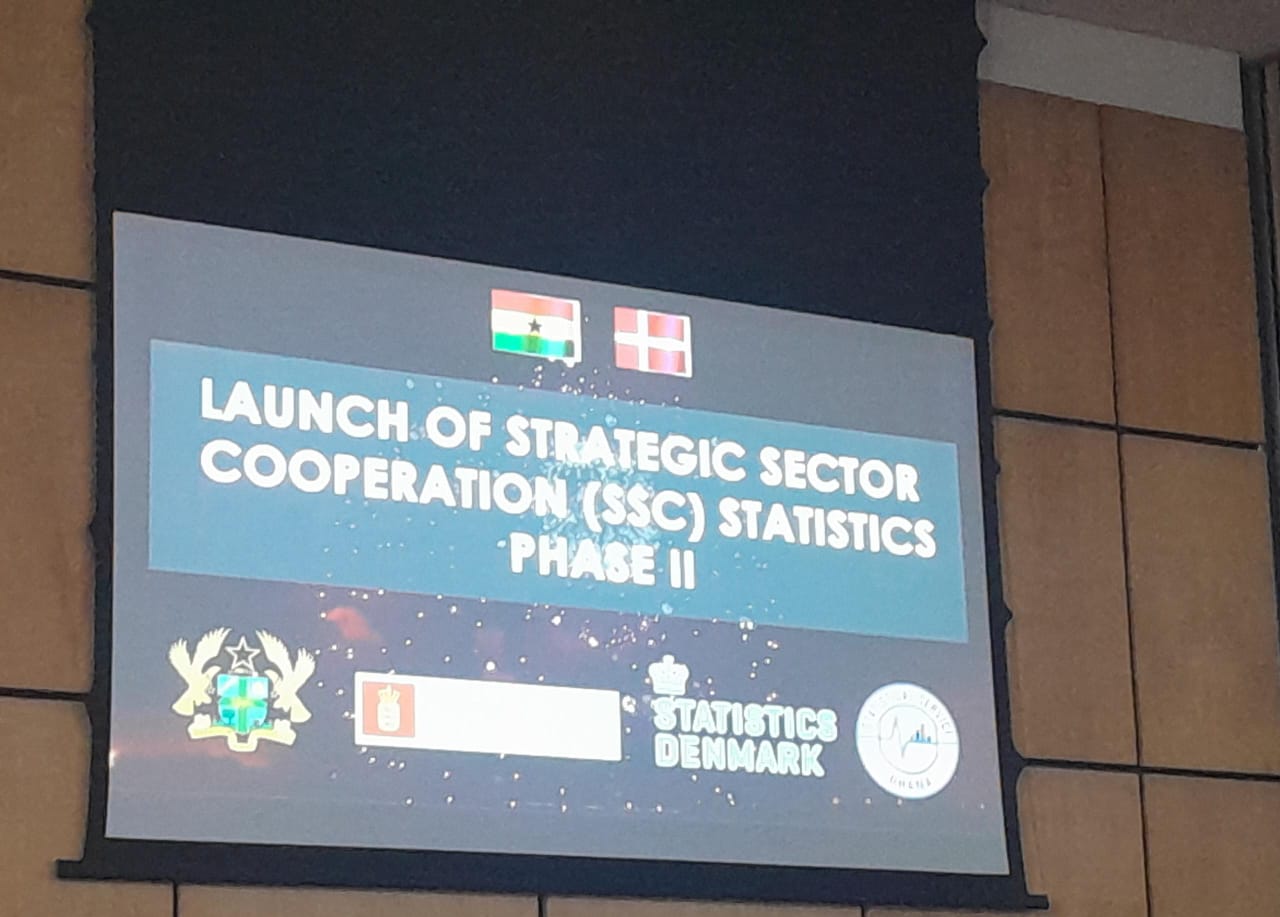


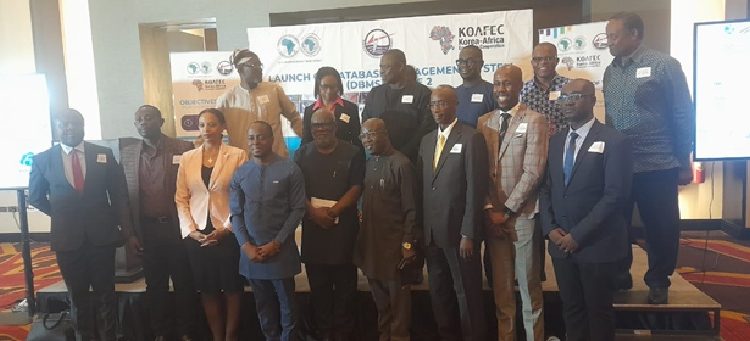


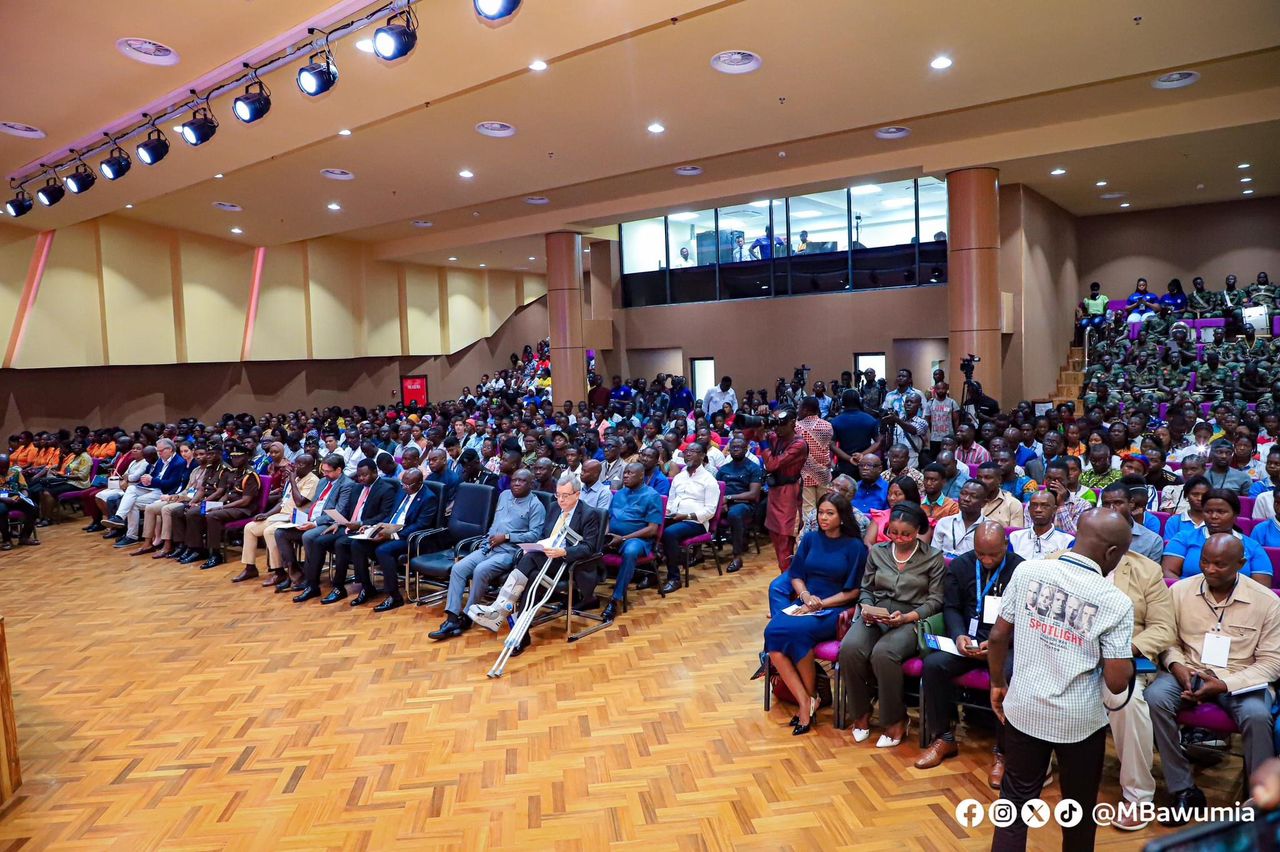

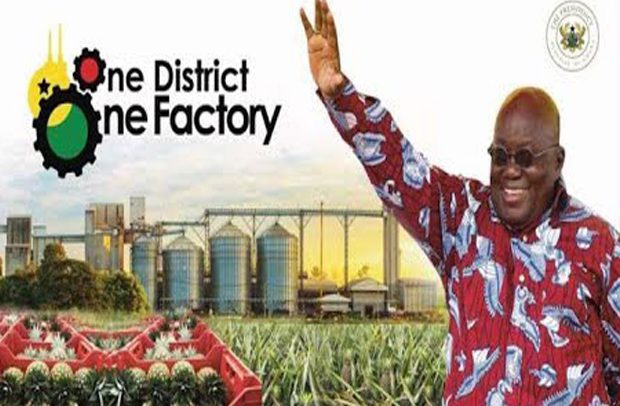














Facebook
Twitter
Pinterest
Instagram
Google+
YouTube
LinkedIn
RSS